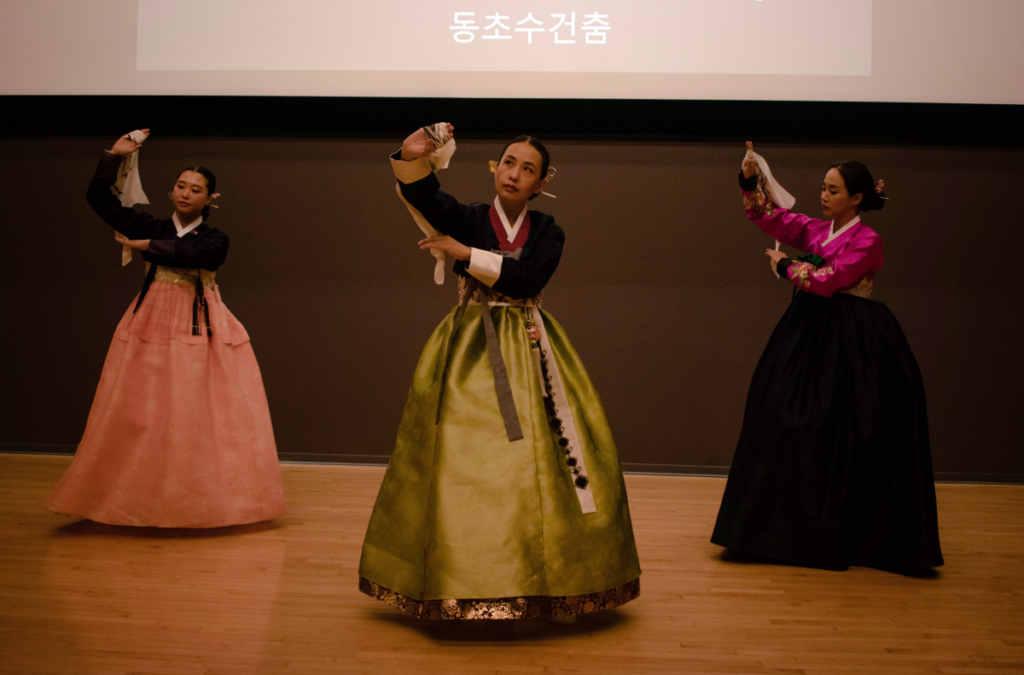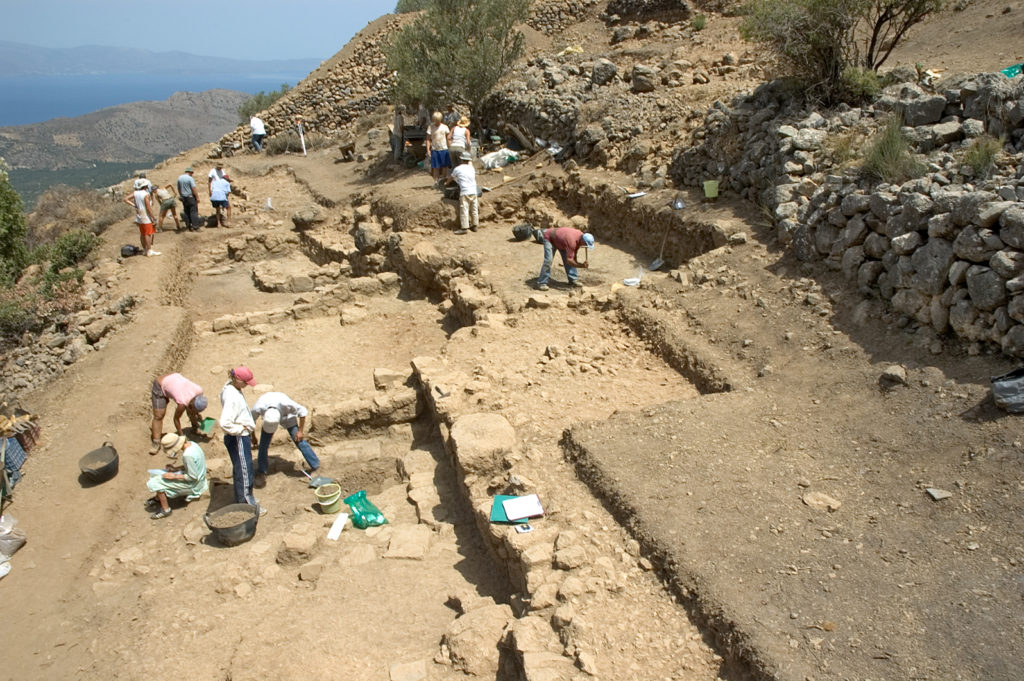UNC senior history major Sarah Ransohoff has won the Elie Wiesel Prize for Ethics for her essay on oil and slavery.
Ransohoff, who also is pursuing a minor in environmental science, is from Chapel Hill. Her essay is titled: “The Ethical Issues of Energy Dependence: Slavery in 1850s America and Oil Today.” Winners receive a $5,000 cash prize and a trip to New York to meet Elie Wiesel.
“Sarah has written a brilliant, truly innovative paper,” said Joseph T. Glatthaar, Stephenson Distinguished Professor of History. “When I first read it, I was enthralled by the depth and perceptiveness of her argument. It is bold, persuasive and skillfully written. She has earned every bit of this great honor and does great credit to our University.
The Elie Wiesel Foundation for Humanity has hosted an annual ethics essay contest since 1989, urging young people to analyze the urgent ethical issues confronting them in today’s complex world. Since that time, thousands of undergraduate students from hundreds of colleges and universities across the nation have participated. Students are judged for their clear articulation of an ethical dilemma, tightly focused and well-researched writing, originality and imagination, eloquence of writing style, and intensity and unity in the essay.
Elie Wiesel was 15 years old when he and his family were deported by the Nazis to Auschwitz. His mother and younger sister perished, his two older sisters survived. Elie and his father were later transported to Buchenwald, where his father died shortly before the camp was liberated in April 1945.
After the war, Elie Wiesel studied in Paris and later became a journalist. He wrote about his experience in the death camps in his internationally acclaimed memoir, Night (La Nuit), which has since been translated into more than 30 languages.
Read a copy of Ransohoff’s award-winning essay: http://www.eliewieselfoundation.org/2012prizewinners.aspx.




